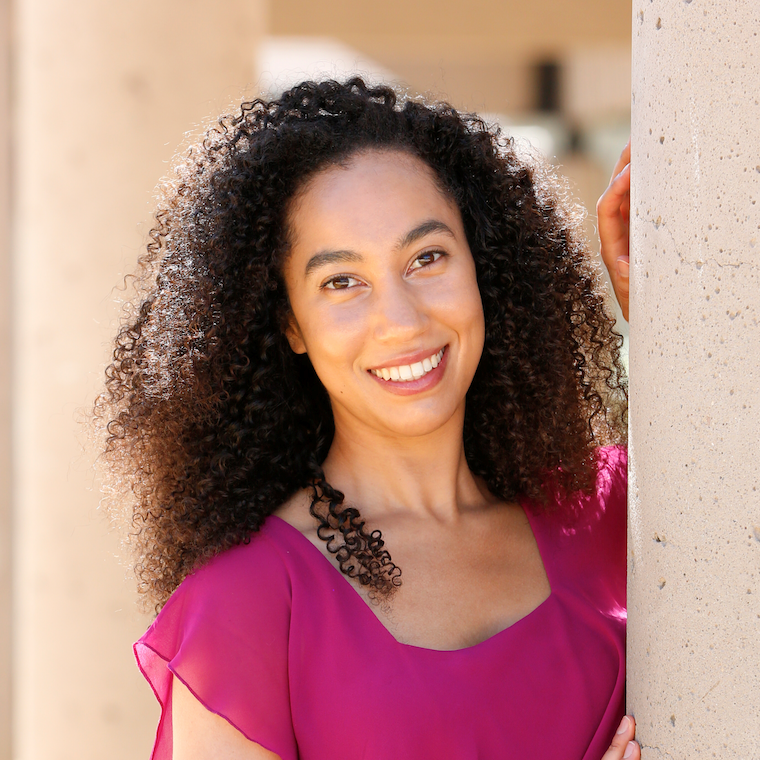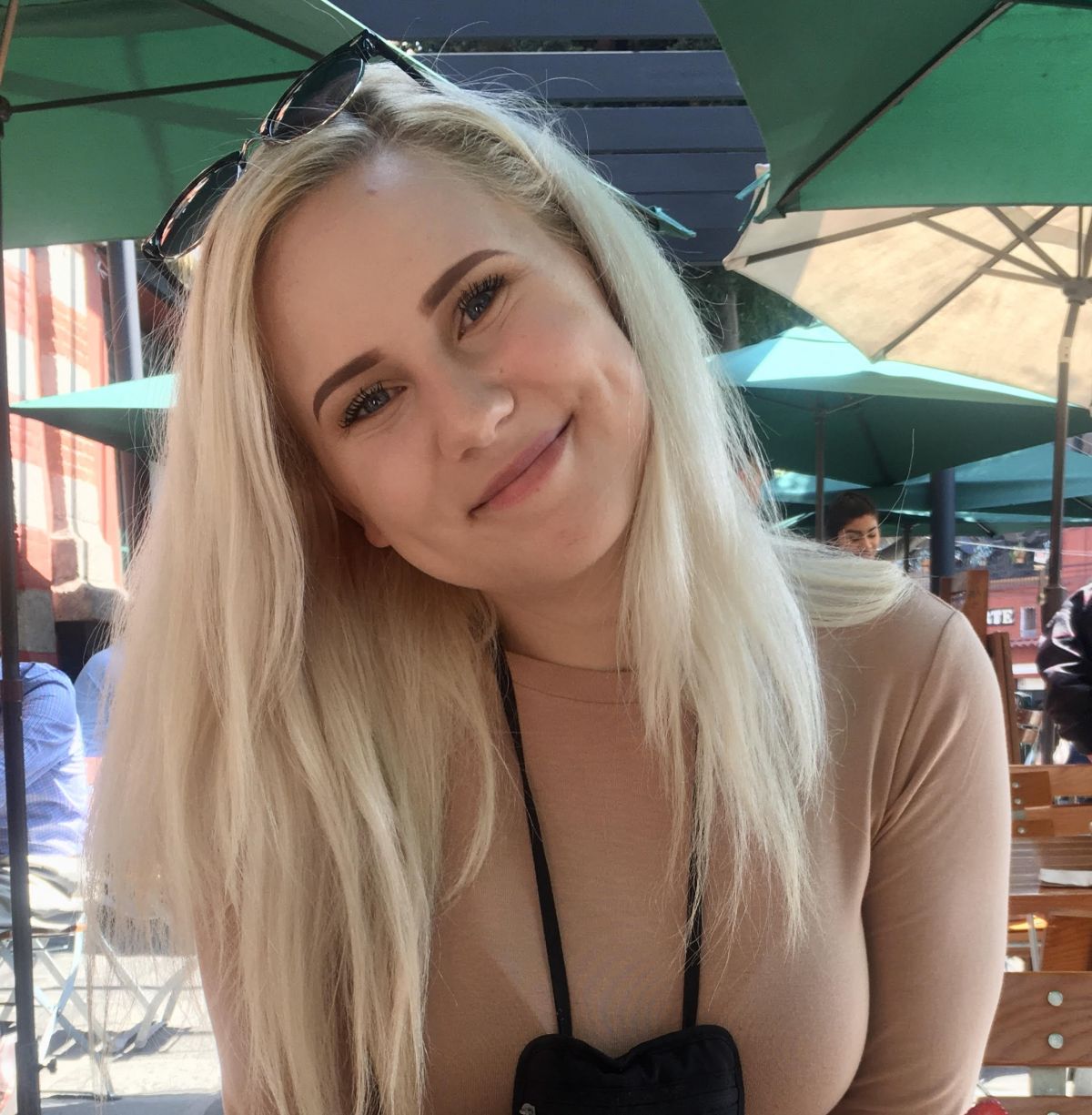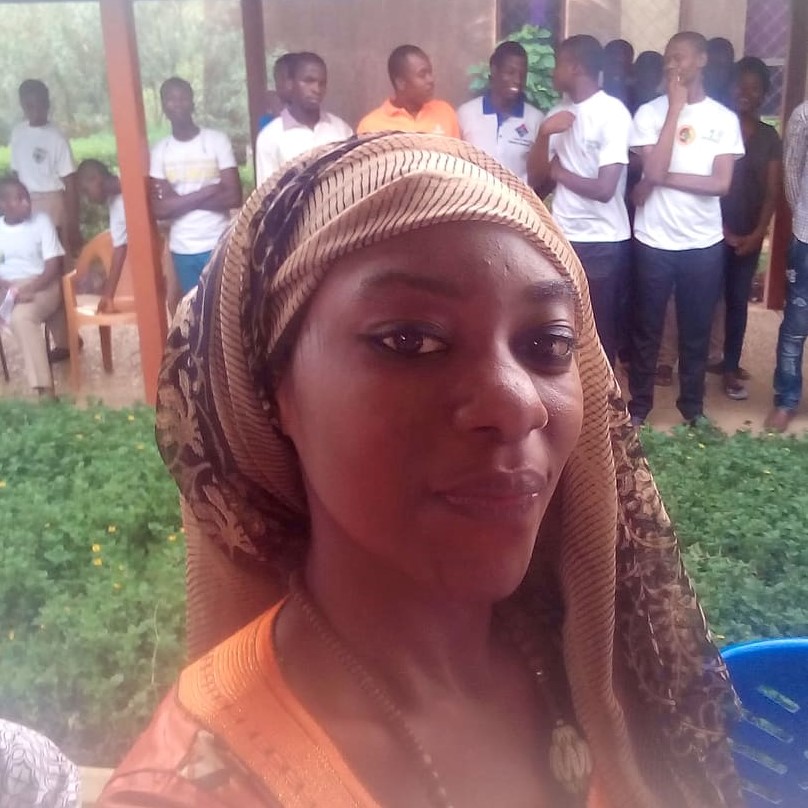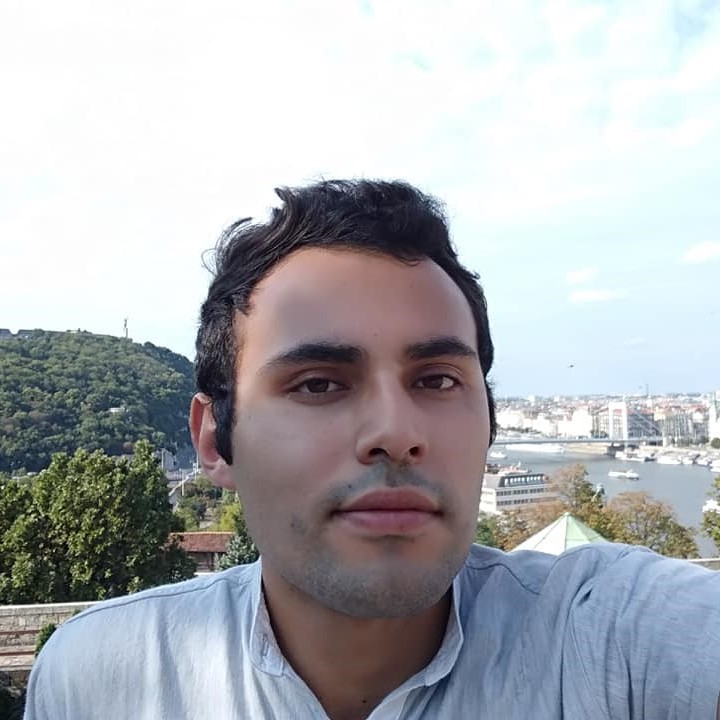Kaliforniens Pandemie anderer Art
Als ich ein Kind war, gab es Warnungen zur Evakuierung für Waldbrände, aber die Bedrohung ist jetzt so groß, dass wir Taschen mit allen Erinnerungsstücken und lebenswichtigen Dingen gepackt haben, die in unser Auto passen können, um uns darauf vorzubereiten, zu fliehen, falls sich die Bedingungen verschlechtern.
United States, Northern America
Eine Geschichte von Elspeth Mathau. Übersetzt von Veronica Burgstaller
Veröffentlicht am September 23, 2020.
Diese Geschichte ist auch verfügbar in 



Donnerschläge und das dumpfe Schlagen von herabfallenden Ästen auf der Erde, weckten meine Familie und mich zu den massiven Gewitterstürme auf, die durch Marin, CA, fegten. Blitze sind selbst während der Regenzeit in Nordkalifornien ein seltenes Ereignis. Deshalb waren Blitze im trockenen August, mit sogar einem kleinen Einschlag in einem nahe gelegenen Park, erschreckend. Die Stürme lösten im ganzen Bundesstaat Brände aus.[1] Am Morgen kam der Rauch. Undurchsichtige und erstickende Luft, intensive Trockenhitze und Stromausfälle[2] sorgten für eine beängstigende Höllenlandschaft.
Die schreckliche Luftqualität bereitete meiner Familie und mir wochenlang Kopfschmerzen und Atemprobleme. An manchen Tagen war der Rauch so dicht, dass ich nicht über die Bäume direkt neben unserem Haus hinaussehen konnte. Die Bedingungen wechseln schnell von klarem, blauem zu aschgrauem Himmel. Für mich ist das entnervend. Der Geruch des Lagerfeuers, der normalerweise beruhigend ist, macht mich jetzt nervös, da er den Tod und die Zerstörung der Wälder und Häuser verkörpert. Obwohl sich die Luft verbessert hat und sich die Ausbreitung in der San Francisco Bay Area verlangsamt hat, sind viele Brände immer noch nicht eingedämmt. Selbst an den wenigen Tagen, an denen der Himmel klar ist, erinnern mich die purpurnen Sonnen- und Mondaufgänge und der Ascheregen an das, was in den Bränden verloren gegangen ist, und zeigen die mögliche Himmelslandschaft unserer Zukunft.
In den letzten Jahren sind die Klima- und Wettermuster dem nördlichen Kalifornien, mit dem ich aufgewachsen bin, fremd geworden. Als ich ein Kind war, gab es Warnungen zur Evakuierung für Waldbrände, aber die Bedrohung ist jetzt so groß, dass wir Taschen mit allen Erinnerungsstücken und lebenswichtigen Dingen gepackt haben, die in unser Auto passen können, um uns darauf vorzubereiten, zu fliehen, falls sich die Bedingungen verschlechtern. Das war ein Ausmaß an Panik und Trauer, das ich noch nicht erlebt habe. Dennoch ist die Möglichkeit, zu evakuieren und einige Dinge mitzunehmen, ein Privileg im Vergleich zu der totalen Verwüstung, mit der die umliegenden Gemeinden konfrontiert waren.
Ich sehe nicht viele Menschen in meiner Gegend, die N95 oder andere für Rauchpartikel geeignete Masken tragen[3] (ich frage mich, ob sie überhaupt Masken haben). Je weiter die Brandsaison fortschreitet und je schlimmer die Pandemie wird, desto mehr befürchte ich, dass der anhaltende Rauch uns anfälliger für Covid-19 und andere Atemwegserkrankungen machen könnte. Dies ist besonders besorgniserregend für Menschen mit unsicheren Wohnverhältnissen und wenig Möglichkeiten, sich im Haus zu schützen. Dies könnte eine tödliche Kombination für den Rest der Brandsaison sein. Im August gab es in Kalifornien die bisher höchste Zahl an Covid-19-Todesfällen.[4]
Viele Feuerwehren in den Städten und Bezirken sind unterbesetzt und unterfinanziert. Es macht mich wütend, dass die kalifornische Feuerwehr mitschuldig ist an der Schaffung unzureichender und unethischer Systeme für das Brandmanagement, die Ökosysteme und Menschenleben verwundbar machen. Der Staat stellt unterbezahlte, inhaftierte Personen für die Mehrheit unserer staatlichen Feuerwehrleute ab. Aber da Covid-19 in den Gefängnissen grassiert, verschlimmert durch Vernachlässigung und unzureichende Behandlung, haben wir jetzt einen Mangel an Feuerwehrleuten.
Kalifornien hat viele pyrophytische[5] Pflanzen und Ökosysteme, wie die riesigen Sequoia- und Redwood-Bäume und Chaparral.[6] Allerdings sind die kalifornischen Ökosysteme nicht an die Megabrände angepasst, die aufgrund jahrzehntelanger Feuerunterdrückung, Landdegradierung und Klimaveränderungen immer häufiger auftreten. In diesem Jahr ist mir aufgefallen, dass mehr Menschen über Alternativen zum Brandmanagement diskutieren und offen dafür sind, Strategien wie indigene, alternative Brennmethoden[7] und kommunale Landesverwaltung, die sich auf die Förderung der Artenvielfalt konzentriert, zu adoptieren. Solche Methoden werden Kalifornien helfen, mit dem bevorstehenden Klimawandel fertig zu werden. Ich bin zuversichtlich, dass aus der Asche des Feuers nach dieser Saison, Maßnahmen für ein besseres Landschaftsmanagement geboren werden.
Fußnoten
[1] Die Brände, die durch das Gewitter ausgelöst wurden, befanden sich überall in der San Francisco Bay Area. Insgesamt gab es in diesem Jahr laut Cal Fire 7.606 Waldbrandereignisse und 2.277.922 Hektar verbrannte Fläche.
[2] Die starken Sturmwinde verursachten Stromausfälle. Seit letztem Jahr hat das staatliche Stromversorgungsunternehmen (Pacific Gas and Electric) auch geplante Stromausfälle bei hoher Brandgefahr organisiert, um elektrische Brände zu vermeiden, die in den vergangenen Jahren entfacht worden sind.
[3] N95-Masken sind so konzipiert, dass sie 95 % der winzigen 0,3-Mikrometer-Partikel in der Luft auffangen und herausfiltern und sowohl für Rauch als auch für Tröpfchen mit Krankheitserregern wirksam sind.
[4] 3.796 Todesfälle insgesamt im Monat August.
[5] Angepasst, um mit Feuer zurechtzukommen, und gedeiht am Besten nach einem Brand.
[6] Strauch- und Wald-Ökoregion, die zum mediterranen Biom gehört.
[7] Vor der Besiedlung durch Siedler nutzten indigene Gemeinschaften Brände, um Ökosysteme zu verwalten und nützliche Pflanzen zu fördern. Indigene Brennmethoden waren viele Jahre lang verboten, wurden aber vor kurzem wieder erlaubt, da staatliche Behörden die Bedeutung des vorgeschriebenen Brennens zum Schutz vor Waldbränden erkannt haben. https://www.npr.org/2020/08/24/899422710/to-manage-wildfire-california-looks-to-what-tribes-have-known-all-along
Was macht diese Geschichte mit dir?
Follow-up
Do you have any questions after reading this story? Do you want to follow-up on what you've just read? Get in touch with our team to learn more! Send an email to [email protected].
Unterhalte Dich über diese Geschichte
Please enable cookies to view the comments powered by Disqus.
Subscribe
Melde Dich an für unseren monatlichen Newsletter und bleibe up-to-date mit neuen Geschichten auf Correspondents of the World.
Mehr Geschichten auf Deutsch
Tags
Erkunde andere Themen
Mach mit
At Correspondents of the World, we want to contribute to a better understanding of one another in a world that seems to get smaller by the day - but somehow neglects to bring people closer together as well. We think that one of the most frequent reasons for misunderstanding and unnecessarily heated debates is that we don't really understand how each of us is affected differently by global issues.
Unser Ziel ist es, dies zu verbessern - und zwar mit jeder Geschichte, die wir teilen.
Community Weltweit
Correspondents of the World is not just this website, but also a great community of people from all over the world. While face-to-face meetings are difficult at the moment, our Facebook Community Group is THE place to be to meet other people invested in Correspondents of the World. We are currently running a series of online-tea talks to get to know each other better.




























